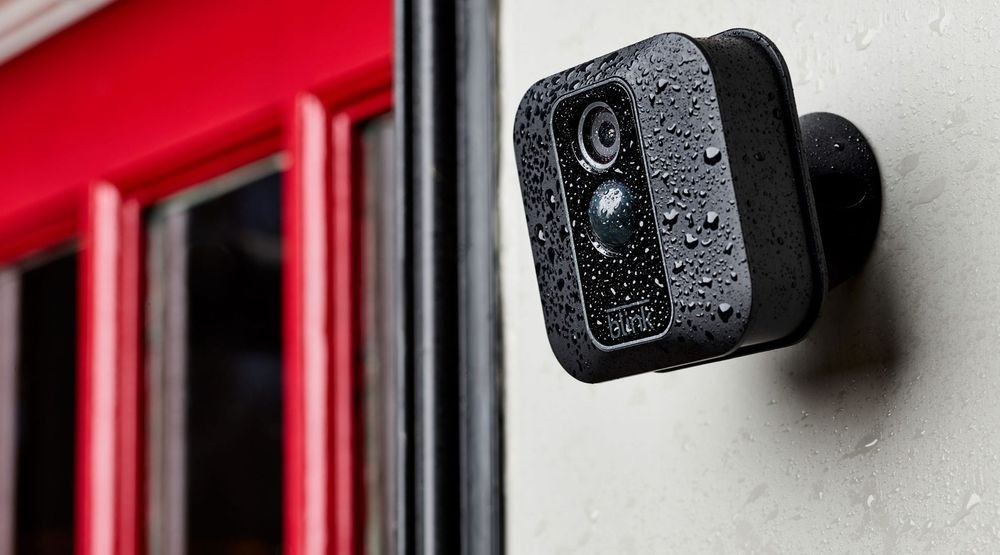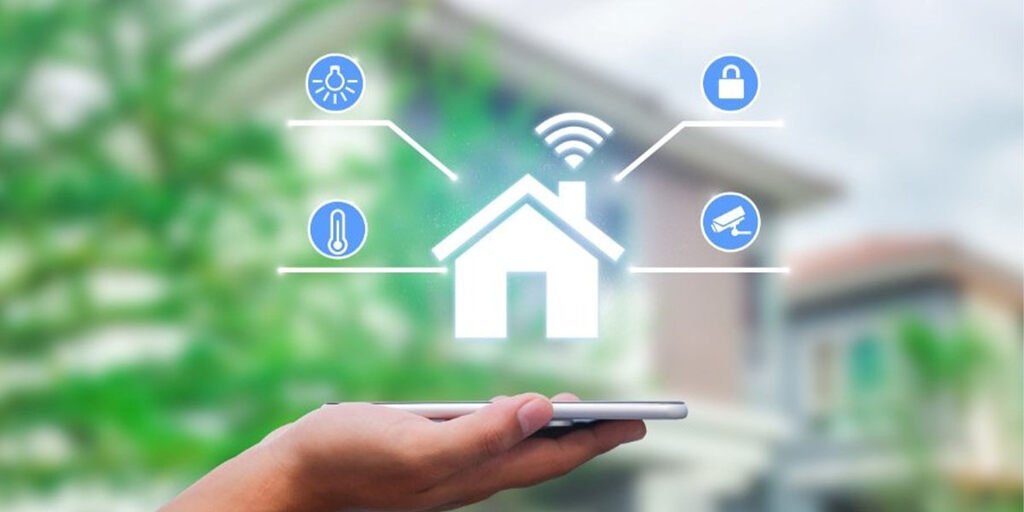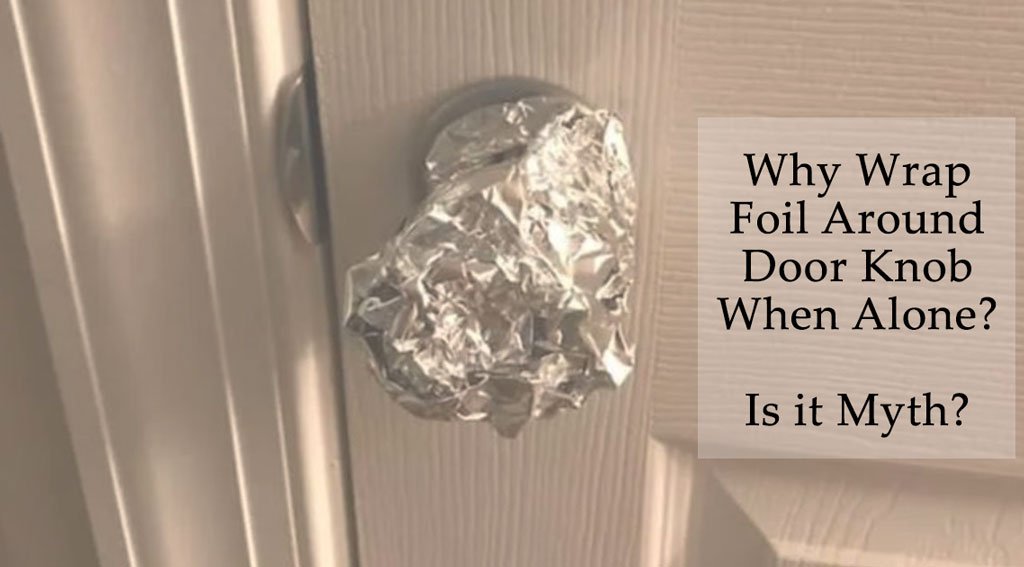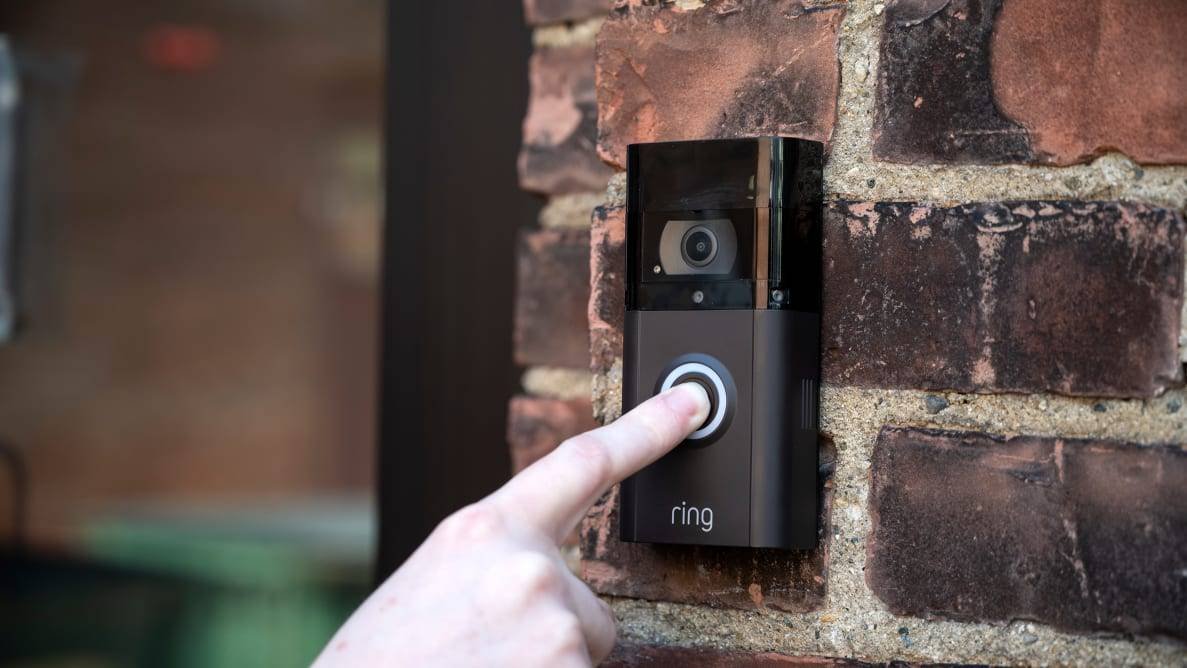Blink outdoor cameras are among the most significant home security gadgets, but since they are put outside, there is a chance that they will get wet in the rain. So, are blink cameras waterproof?
These gadgets have an IP65 rating and can withstand water. So, are they really waterproof? If they do, what should you do in response?
Continue reading to learn more about preventing your Blink camera from getting wet.
What’s the distinction between water resistance and waterproofness?
Waterproof devices can be submerged without showing signs of malfunction. In contrast, a piece of water-resistant equipment can get wet without harm, but it will be harmed when submerged in water or flooded.
With an IP65 weather rating, the Blink Indoor & Outdoor Camera (Generation 2) is weather-resistant.
[su_box title=”Blink Outdoor” box_color=”#0915ac” radius=”5″]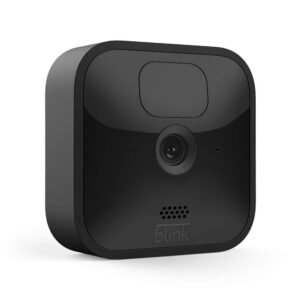 [su_button url=”https://www.amazon.com/Blink-Outdoor-Wireless-Security-Camera-2cam/dp/B086DKSYTS” target=”blank” background=”#eb8a0c” size=”6″ center=”yes” radius=”5″ icon=”icon: amazon” icon_color=”#000000″ text_shadow=”3px 3px -2px #000000″ title=”Get on Amazon” id=”Get on Amazon”]Get on Amazon[/su_button][/su_box]
[su_button url=”https://www.amazon.com/Blink-Outdoor-Wireless-Security-Camera-2cam/dp/B086DKSYTS” target=”blank” background=”#eb8a0c” size=”6″ center=”yes” radius=”5″ icon=”icon: amazon” icon_color=”#000000″ text_shadow=”3px 3px -2px #000000″ title=”Get on Amazon” id=”Get on Amazon”]Get on Amazon[/su_button][/su_box]
Flood resistance, submersion resistance, and complete waterproofing are not features of the XT and XT2 line of Blink Cameras, although they offer weatherproofing and water resistance.
Besides the Outdoor & Indoor series of cameras, Blink indoor cameras should only be used indoors.
Are Blink Cameras Waterproof?
Some Blink cameras come with semi-waterproof and weatherproof characteristics in addition to operating for up to two years on a pair of AA batteries, much like remote controllers.
However, just one Blink camera—the Blink Outdoor—offers water resistance, which is different from waterproofness.
The Blink Outdoor or Indoor & Outdoor Camera, the Blink XT and XT2 Outdoor Cameras, and other outdoor cameras from Blink provide some water resistance against rain.
The most additional protection you can get is a waterproof gutter mount and case for outdoor cameras.
There are no Blink Cameras made just for indoor use, including waterproof or water-resistant characteristics. As a result, you shouldn’t throw them in the sink or bathtub filled with water or leave them outside in the rain.
What Normally Occurs If It gets wet?
Most likely, if your Blink outside camera gets wet, it will be alright and restart operating normally. If you don’t remove the water droplets from the camera’s lens, your eyesight can get distorted or fuzzy.
This was concerning your gadget being wet because issues would occur if it were to become entirely or partially submerged in water. Waterproof and water-resistant are two different concepts, as we already stated.
Make careful you follow these steps if your gadget gets wet or immersed in water.
Calculate the damage
Test it to see whether it is still functional or needs to be repaired. It should operate without a problem if there is little to no contact with water.
Examine the batteries
Assure the batteries are not exposed to water. The batteries cannot be penetrated by water, but if moisture or water collects nearby, it can do significant harm, such as corrupting connections.
Add it to the rice
Put the gadget inside a jar or bag filled with rice if it isn’t working due to water damage. Since rice can absorb moisture, this might help your gadget work properly again. This approach is also applicable to other devices, such as mobile phones.
Air dry
Depending on how much water exposure it has, take it inside your home and let it air dry for a while.
You receive a guarantee for your item for a specific amount of time, but it does not cover the damage caused by consumers.
However, if you are sure that the damage was caused by the device’s poor or faulty design and is still covered by warranty, you are allowed to submit a warranty claim. Blink typically provides repairs and replacements for one year after the date of purchase.
Also Read: Ring Chime vs Chime Pro
How To Avoid Blink cameras From Getting Wet
Keeping your outdoor Blink camera out of the rain is the most straightforward and most apparent approach to protect it from moisture. If your Blink camera is already outdoors, you may cover it with a tarp or umbrella for security.
Depending on where it is and the forecast, it could be required to shift the camera every few hours. For instance, you wouldn’t want a camera facing North to be covered by an umbrella since that may lead to water droplets gathering on the lens.
Cover your camera in a waterproof box
One of the most common methods for shielding outdoor Blink from the weather is to enclose it in a waterproof box. You may utilise a wide variety of packages, and they all function similarly. You’ll need to get one that meets your requirements.
For instance, you’ll need a waterproof box that fits on top of your camera if you want to keep it inside your business.
Something bigger to offer excellent protection could be necessary if you want to leave your Blink outside. Before putting the camera in the box, you can put it in a waterproof bag or wrap it in plastic.
Put it in a well-ventilated space
A well-ventilated area should be used for outdoor Blink cameras. The camera has to be kept dry to retain image quality. If it is not placed in a dry location, moisture will deteriorate the video quality and cause the camera to malfunction.
Preventing your outside Blink camera from getting wet in the first place is the most excellent approach to guard against rain damage. You must ensure there are no openings near your camera’s location for this to occur.
Examine the downstairs windows and any other potential entry points for rain. As an additional measure to prevent rain from entering via such opening regions, you may also employ a plastic barrier or waterproof covering.
Installing it at an angle that makes sense for your purposes and type of place is another crucial thing you can accomplish. This will lessen damage from water droplets gathering on the lens and help keep water off of it.
However, depending on how high you put the antennae and sensor cables, you may need to drill holes through your building’s outer walls and roof. Consider this when choosing where and how high to mount your wires.
Use a heat bulb for moisture protection
There are several methods you may shield the rain from your outside Blink camera. An infrared heat bulb is one technique to safeguard your outdoor Blink camera from water damage.
The heat will shield the camera from moisture if the outside temperature is more than 50 degrees Fahrenheit. This form of protection might not be the best when the weather is below freezing or during the winter.
Using a heating system with a steel mesh cover is the second method for shielding your outdoor Blink camera from the elements. The mesh cover will protect your outdoor Blink camera from moisture and heat buildup.
You may also use heated mats, but if you don’t want them to overheat and harm the surface, they are on, make sure they are insulated.
To provide your outdoor CCTV camera with some protection from the elements while retaining visibility at night or in low light circumstances like twilight or dawn, you can also construct an enclosure.
Create a seal with silicone
This could be the most straightforward method for shielding the rain from your outside CCTV camera. The camera may be sealed with silicone or rubber to keep moisture out. This is an excellent strategy to prevent water from entering and causing harm.
What Should You Do If Water Is Found in the Battery Compartment?
What if your Blink camera is drowning when you walk outside to change the batteries? You do not need to buy another one right now; instead, follow the instructions below first.
After demounting the camera from its mount:
- Enter your home.
- Shake it gently now to release as much water as you can.
- Take a soft towel or any other fabric and blot away the readily apparent liquid.
The following action should be taken since moisture may still be present in the camera’s electrical circuit.
There is a good possibility it will continue to function if you are patient and let it dry outside for a few days. Grab a hair dryer and dry your camera for 20 to 30 minutes on low or no heat if you need to get your camera operating again.
Conclusion
Only weather-resistant Blink Cameras, such as the XT, XT2, and Indoor & Outdoor Cameras (Generation 2), could endure moisture or bad weather like rain. However, they do have limitations. They provide water resistance, and if exposed to enough water, they might break down.
As long as they can connect to the Sync Module and Internet, Blink outdoor cameras may be placed inside and outside your house, although they are not waterproof. Avoid placing them at ground level, where they can become flooded.

